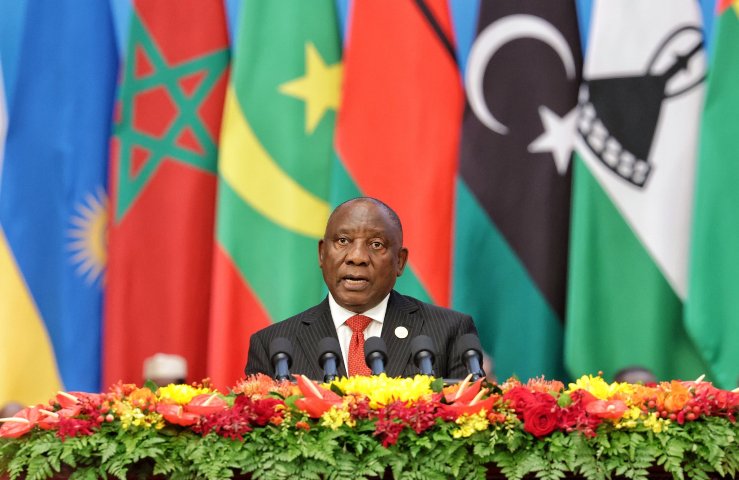As South Africa commemorates three decades of democracy, President CCyril Ramaphosa yril Ramaphosa delivered an address to the National Council of Provinces (NCOP) in Cape Town, highlighting strides made in poverty reduction and addressing the cost of living crisis. Delivered under the theme, “Dedicating our Efforts Towards Reducing Poverty and Tackling the High Cost of Living,” the address emphasized the government’s continued focus on inclusive economic growth, job creation, and social support.
Progress in Poverty Reduction
Reflecting on South Africa’s journey, President Ramaphosa noted significant progress:
In 1993, 71% of South Africans lived in poverty.
By 2010, the figure dropped to 61%, and in 2020, poverty further declined to 56%.
Acknowledging ongoing challenges, he stated:
"While poverty and inequality persist, people’s lived experiences show both the progress we have made and the work that still lies ahead."
The Social Wage and Poverty Alleviation
The President outlined the government’s heavy investment in the “social wage,” which constitutes 60% of the national budget (excluding debt servicing costs). Key components include:
- Social grants for children, the elderly, and persons with disabilities.
- Free basic services like electricity, water, and housing.
- Access to basic and higher education and public healthcare.
- Subsidized public transport.
He highlighted the role of the Social Relief of Distress Grant, introduced during the COVID-19 pandemic, which supported 11 million unemployed individuals at its peak and continues to benefit millions.
Commitment to Economic Growth and Cost of Living Reduction
President Ramaphosa emphasized the unity of political parties within the Government of National Unity (GNU) in advancing inclusive economic growth and job creation. He underscored the importance of creating a capable, ethical, and developmental state to achieve these goals.
“The NCOP’s decision to focus on poverty reduction and tackling the high cost of living is a timely response to the mandate of the people,” the President noted.
Key measures to combat the rising cost of living include:
- Providing free basic minimum services to indigent households, enabling millions to access electricity and water.
- Reviewing the VAT-exempt basket of food items to include more basic essentials, ensuring affordable access to nutritious food for all citizens.
Challenges and Opportunities Ahead
President Ramaphosa acknowledged the challenges of poverty, inequality, and high living costs, exacerbated by global economic pressures and domestic structural issues. However, he expressed optimism, citing the government’s commitment to:
- Accelerating job creation by rebuilding the economy.
- Supporting emerging businesses and creating opportunities for entrepreneurs.
- Strengthening partnerships between government, private sectors, and civil society.
30 Years of Democracy: A Milestone of Resilience
The President’s address highlighted the resilience of South Africans and the nation’s democratic institutions. The milestones achieved over three decades provide a foundation for advancing inclusive economic growth, reducing poverty, and addressing inequality.
As the country reflects on 30 years of democracy, Ramaphosa’s address reaffirmed South Africa’s commitment to “leaving no one behind” and fostering a society rooted in dignity, equity, and opportunity for all.











